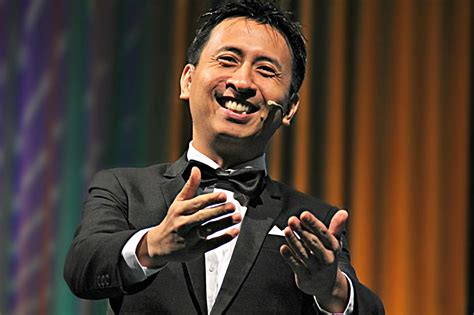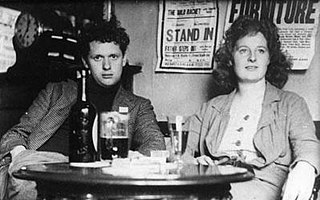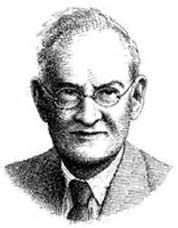A Quote by Bo Sanchez
I came to know God when I was 12, started working in the ministry when I was 13, working in the slum area, living among the poor, loving it, and having this belief that to love the poor I needed to be poor.
Related Quotes
When you live in a poor neighborhood, you are living in an area where you have poor schools. When you have poor schools, you have poor teachers. When you have poor teachers, you get a poor education. When you get a poor education, you can only work in a poor-paying job. And that poor-paying job enables you to live again in a poor neighborhood. So, it's a very vicious cycle.
I do not know how to love God except by loving the poor. I do not know how to serve God except by serving the poor.... Here, within this great city of nine million people, we must, in this neighborhood, on this street, in this parish, regain a sense of community which is the basis for peace in the world.
Poverty assumes so many aspects here in India. There aren't only the poor that you see in the cities, there are the poor among the tribes, the poor who live in the forest, the poor who live on the mountains. Should we ignore them as long as the poor in the cities are better off? And better off with reference to what? To what people wanted ten years ago? Then it seemed like so much. Today it's no longer so much.
It is easy to say that there are the rich and the poor, and so something should be done. But in history, there are always the rich and the poor. If the poor were not as poor, we would still call them the poor. I mean, whoever has less can be called the poor. You will always have the 10% that have less and the 10% that have the most.
We are working towards a shared vision of the future for health among all the world's people. A vision future in which we develop new ways of working together at global and national level. A vision which has poor people and poor communities at its centre. And a vision which focuses action on the causes and consequences of the health conditions that create and perpetuate poverty.






































